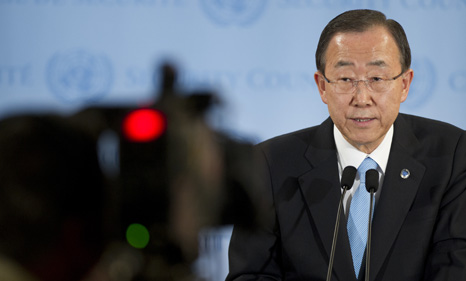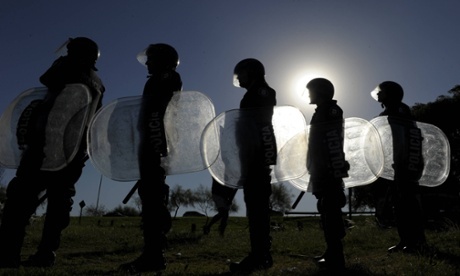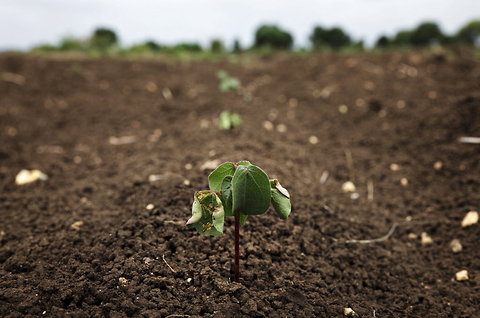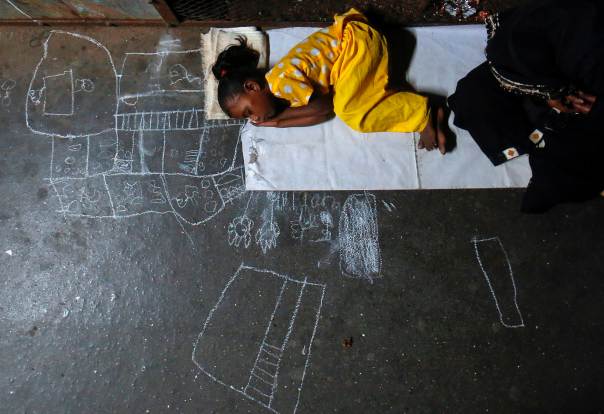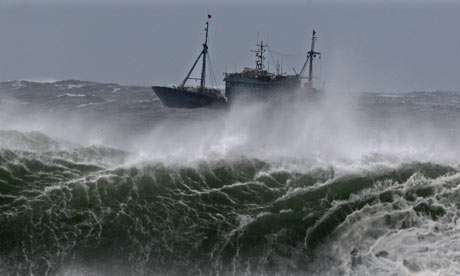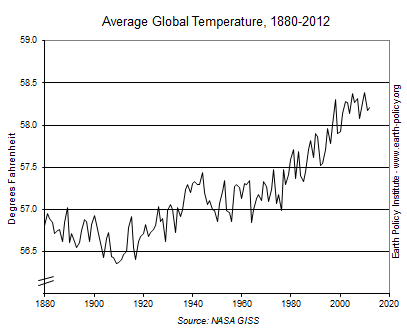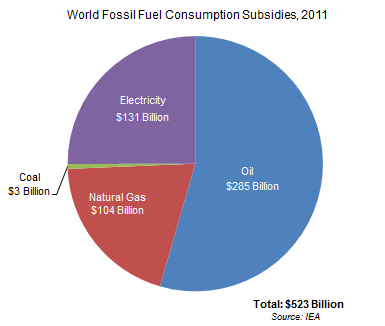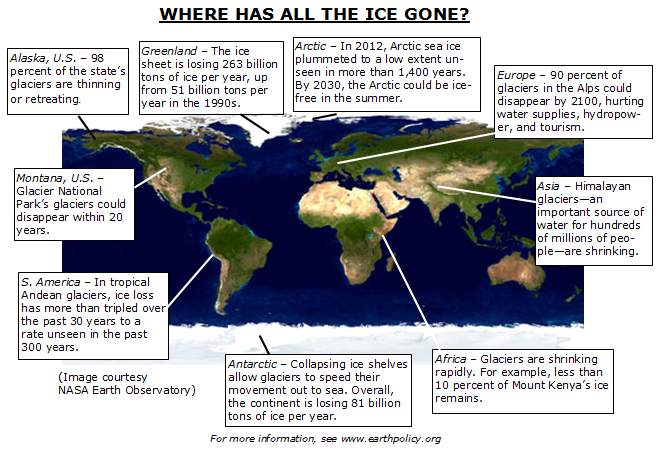Global
Submitted by ysp013 on
Ban Ki-moon: World on course to run out of water
Submitted by ysp013 on
Why food riots are likely to become the new normal
Submitted by ysp013 on
Hobbled on Energy, India Ponders a Multitude of Dams
Submitted by ysp013 on
No end to poverty without better governance
Submitted by ysp013 on
We can end poverty, but the methods might surprise you
Submitted by ysp013 on
Chinese fishing fleet in African waters reports 9% of catch to UN
Submitted by ysp013 on
Warmest Decade on Record Brings Record Temperatures and Weather Extremes
Submitted by ysp013 on
The Energy Game is Rigged: Fossil Fuel Subsidies Topped $620 Billion in 2011
Submitted by ysp013 on
Where Has All the Ice Gone?
Submitted by ysp013 on




